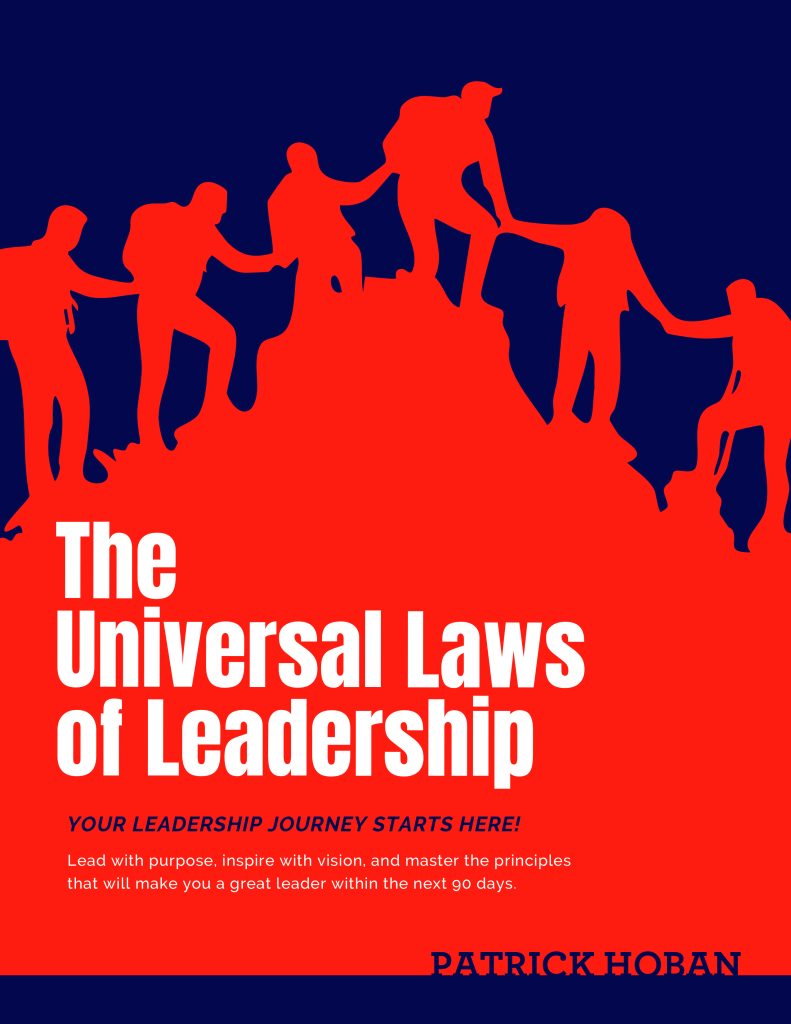
What Your Enneagram Type 7 Tells Us About You as a Leader
As an Enneagram Type 7, you are known for your energy, creativity, and enthusiasm. These traits can make you a

What is Emotional Intelligence?
Emotional intelligence is the ability to perceive, understand, and regulate emotions in oneself and others. It involves four main components: self-awareness, self-management, social awareness, and relationship management. Let’s explore each of these in more detail.
Why is Emotional Intelligence Important?
Emotional intelligence is essential for success in today’s world. Research has shown that people with high emotional intelligence are more successful in their personal and professional lives. Here are some reasons why:
How to Develop Emotional Intelligence?
Emotional intelligence is a skill that can be developed and improved over time. Here are some tips for improving your emotional intelligence:

As an Enneagram Type 7, you are known for your energy, creativity, and enthusiasm. These traits can make you a

Enneagram Type 6, also known as “The Loyalist,” is characterized by a focus on security, preparedness, and loyalty. As a

In this 7-minute read, you’ll discover how to unlock
your leadership potential, remove what is blocking you,
and be the leader that other people want to follow!

In this 7-minute read, you’ll discover how to unlock your leadership potential, remove what is blocking you, and be the leader that other people want to follow!
